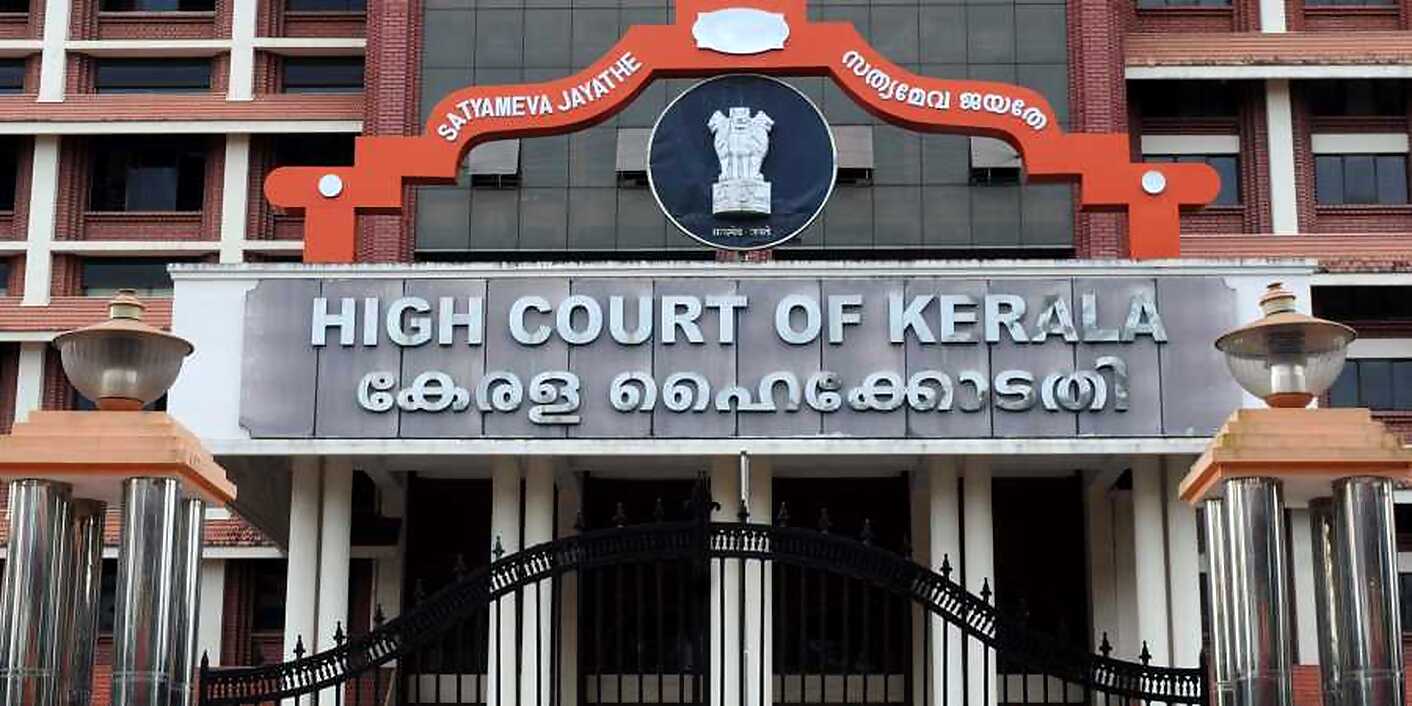‘Consent’ of victim not indispensable if she is mentally ill: Kerala HC while allowing termination of pregnancy

Read judgment: Kerala State Legal Service Authority vs. Union of India & Ors.
LE Staff
Kochi, July 28, 2021: The Kerala High Court has permitted the medical termination of pregnancy of a rape survivor, who also suffers from severe mental illnesses, and ordered that a DNA examination of the foetus be conducted to determine the identity of the person who raped and impregnated her.
Stating that the court must ascertain the course of action which would serve the best interests of mentally ill persons, the Bench of Justice PB Suresh Kumar applied the doctrine of “parens patriae” to permit the termination of pregnancy despite the woman not being capable of giving consent to the same.
“The impediment in the matter of terminating the pregnancy of the victim is that she is not in a position to give consent for the same,” observed the High Court.
The petition was filed by the Kerala State Legal Services Authority espousing the cause of a victim of rape who had also been diagnosed with psychosis. The woman was found roaming the streets and was taken by the Police initially to a psycho-social rehabilitation centre and then to a mental health centre.
The Medical Board found the victim to be pregnant, having gestation period corresponding to eight weeks. As the relatives of the victim could not be traced, the Authority approached the Court seeking orders granting permission for medical termination of the pregnancy.
It was submitted that although as per Section 3(4)(a) of the Medical Termination of Pregnancy Act, 1971, the consent of the woman, who is a major, is required for terminating the pregnancy. However, she is not in a position to grant consent.
The High Court observed that the pregnancy of the victim in the case on hand is one that could be terminated on the basis of the opinion of a registered medical practitioner, in terms of the provisions of the Act since its length does not exceed twenty weeks.
“It is seen that courts in India have evolved different tests while exercising ‘parens patriae’ jurisdiction for the purpose of making reproductive decisions on behalf of mentally ill persons. One among the said tests is the test of ‘best interests’ which requires the court to ascertain the course of action which would serve the best interests of the person in question,” opined Justice Kumar.
Therefore, having regard to the fact that the person involved in the case is a rape victim and considering the opinion of the Medical Board, the High Court allowed termination of the pregnancy, without insisting on the consent of the victim.
The High Court also directed the respondents to take the tissue of the foetus and maintain the same for DNA examination.
Sign up for our weekly newsletter to stay up to date on our product, events featured blog, special offer and all of the exciting things that take place here at Legitquest.




Add a Comment